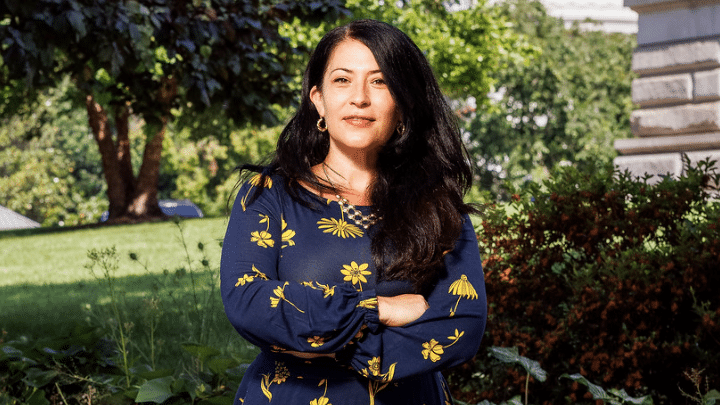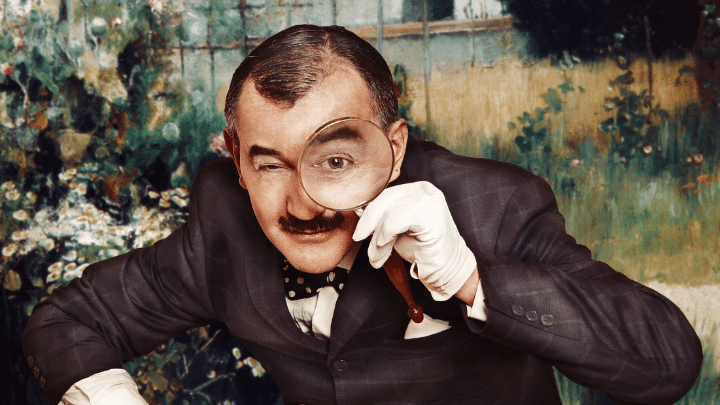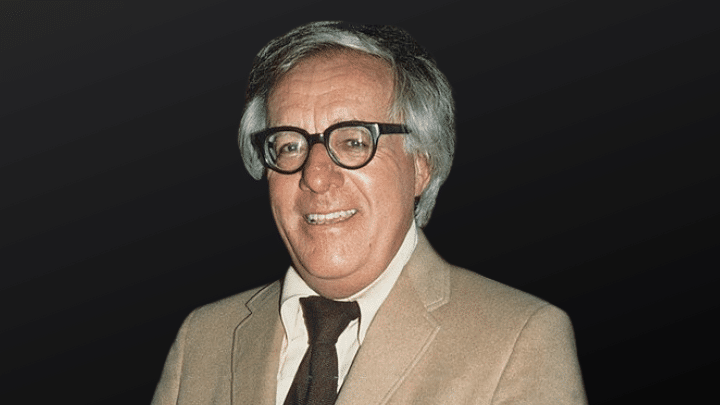10 Best Leo Tolstoy Books You Must Read

One of the most remarkable figures in the history of literature, Leo Tolstoy remains an indomitable force in the realm of narrative storytelling and philosophical ruminations. A master of creating profound, complex characters and depicting the nuances of human nature, Tolstoy’s works continue to captivate readers even after more than a century. His stories are more than mere narratives; they often serve as mirrors reflecting the society, politics, and psychology of his time, resonating deeply with the existential dilemmas and moral inquiries of the human condition.
Born into the Russian aristocracy in 1828, Tolstoy’s life experiences were as complex and profound as the characters he brought to life in his writings. His journey from a privileged nobleman to a celebrated author and then to a spiritual philosopher is deeply intertwined with the themes and narratives he penned. Whether it’s the grand historical tableau of “War and Peace,” the tragic love story of “Anna Karenina,” or the contemplative philosophical explorations in “A Confession” and “The Kingdom of God Is Within You,” Tolstoy’s works exhibit a timeless appeal that transcends geographical and cultural boundaries.
The mark of Tolstoy’s genius lies not just in his narrative prowess, but in his profound understanding of human nature, his sharp societal critique, and his empathetic exploration of love, war, death, and spirituality. This makes his oeuvre not only a treasure trove of literary classics but also an insightful guide to understanding the complexities of human life and society. Now, let’s delve deeper into his magnificent works, each of which holds a mirror to the human condition and society at large.
1. War and Peace
Often regarded as one of the greatest works of world literature, “War and Peace” is a colossal endeavour that transcends the boundaries of a traditional novel. Tolstoy paints an intricate tableau of Russian society during the Napoleonic era, replete with vivid historical events and a vast ensemble of characters. The narrative, meticulously detailed and compellingly human, probes the intersecting lives of diverse individuals against the backdrop of war and peace.
This epic novel combines historical realism with a philosophical depth that offers profound insights into the human condition. Its broad spectrum captures the entirety of life—from the grandeur of the Tsarist court and brutal war scenes to the intimate sphere of domestic life and individual moral struggles. The manner in which Tolstoy balances the sweeping scale of national history with the personal narratives of his characters attests to his unparalleled narrative prowess.
2. Anna Karenina
“Anna Karenina,” with its renowned exploration of love, marriage, and societal expectations, firmly holds its place among the world’s greatest novels. Its gripping narrative tells the tragic tale of Anna, a woman who finds herself trapped in a loveless marriage, and her doomed love affair with Count Vronsky. Meanwhile, the parallel story of Levin and Kitty provides a contrasting perspective on love and life.
Tolstoy’s genius lies in his ability to imbue his characters with a realistic depth that makes their joy, sorrow, and moral dilemmas palpable. The novel’s exploration of societal norms, love, infidelity, and the struggles of the human heart make “Anna Karenina” a timeless classic. With its famous opening line and its complex, empathetic characters, the book continues to captivate modern readers.
3. The Death of Ivan Ilyich
“The Death of Ivan Ilyich” is a novella that delves deeply into the inevitability of death and the superficial nature of materialism. It narrates the life of Ivan Ilyich, a high-court judge in 19th-century Russia, and his journey through illness to the confrontation of his own mortality. While grappling with a terminal illness, Ivan Ilyich realizes the triviality of his life spent in pursuit of material wealth, societal recognition, and a successful career.
The philosophical depth of this narrative lies in Tolstoy’s unflinching depiction of death and its inevitable approach, which forces Ivan to reflect on his life’s true meaning. With piercing clarity, Tolstoy demonstrates how an encounter with mortality can illuminate the profound questions of existence and the essence of genuine happiness, offering an acute criticism of materialistic society.
4. Resurrection
“Resurrection” is Tolstoy’s final novel, showcasing his profound philosophical and spiritual ideas. The narrative revolves around Nekhlyudov, a nobleman who attempts to redeem a sin from his past after serving on a jury and discovering that the defendant is a woman he wronged years ago. The story masterfully captures his moral struggle and transformation as he confronts the harsh realities of the justice system and societal inequities.
The essence of “Resurrection” lies not only in its vivid description of societal structures but also in its exploration of personal responsibility, redemption, and moral reawakening. It is in Nekhlyudov’s introspective journey that readers are invited to engage with Tolstoy’s sharp critique of society and his reflections on the potential for personal change and societal reform.
5. A Confession
“A Confession” stands as a crucial turning point in Tolstoy’s literary career, marking a shift from fiction to philosophical and religious exploration. This work, while short, is an insightful autobiographical account of Tolstoy’s own spiritual crisis. He candidly shares his struggle with depression, his pursuit of life’s purpose, and the spiritual enlightenment he experienced.
The value of “A Confession” lies in its raw honesty and introspective depth. It is a reflection of Tolstoy’s exploration of faith, existential dread, and the human need for spiritual connection. The work deeply influenced the direction of Tolstoy’s later writings, as his focus shifted towards moral and spiritual philosophy, resulting in his later religious and ethical writings.
6. The Kingdom of God Is Within You
“The Kingdom of God Is Within You” is a non-fiction work that underscores Tolstoy’s philosophical and ethical ideas, specifically his interpretation of Christian teachings. He argues that the true message of Christianity lies in the principle of love and non-violence, thereby questioning the Church’s and society’s institutionalized practices. Tolstoy proposes that each individual can find truth and the kingdom of God within themselves, advocating for a radical interpretation of Christianity that was revolutionary in its time.
This book has been instrumental in shaping the non-violent resistance movement globally. Its philosophy deeply influenced figures like Mahatma Gandhi and Martin Luther King Jr., making it a cornerstone in the literature of non-violent resistance. Tolstoy’s exploration of the power of love, peace, and individual responsibility towards societal transformation leaves a lasting impact on readers.
7. The Kreutzer Sonata
In “The Kreutzer Sonata,” Tolstoy presents an intense exploration of lust, jealousy, and the complexities of marriage. The narrative follows the protagonist Pozdnyshev, who recounts the story of his marriage and the circumstances that led him to murder his wife in a fit of jealous rage. Tolstoy lays bare the complex dynamics of marriage, the destructive power of jealousy, and the tormenting impact of uncontrolled passion.
Despite its controversial content at the time of publication, the novella provides a gripping account of the struggles of human emotion. Its scrutiny of societal norms related to marriage and the exploration of human passion and its consequences give “The Kreutzer Sonata” a distinct place in Tolstoy’s literary repertoire. It continues to engage readers with its unflinching examination of human relationships and emotions.
8. Childhood, Boyhood, and Youth
“Childhood, Boyhood, and Youth” is a trilogy that offers glimpses into Tolstoy’s formative years. This semi-autobiographical series reveals the growth and development of a young man, his inner struggles, and the shaping of his worldview. These early works demonstrate Tolstoy’s adeptness at capturing the subtle nuances of growing up and the dilemmas faced during the transformation from child to adult.
While not as philosophically profound as his later works, the trilogy provides valuable insights into the factors that shaped Tolstoy as a man and as a writer. Through the lens of the protagonist’s experiences, readers are invited to examine their own development and confront the universal truths of growing up, making “Childhood, Boyhood, and Youth” a unique and rewarding journey through the formative years of life.
9. The Cossacks
“The Cossacks” is a semi-autobiographical novel reflecting Tolstoy’s experiences in the Russian military. The protagonist, Olenin, is a young nobleman who leaves his cosmopolitan life to join the army in the Caucasus. There, he becomes enamoured with the simplicity of Cossack life and falls in love with a local girl.
The novel is a philosophical debate on city life versus country life and depicts the allure of a simpler, more authentic way of living. It presents a stark contrast between the artifice of urban society and the sincerity of rural life. Tolstoy’s admiration for Cossack culture and his critique of urban life offer a refreshing perspective on the quest for authenticity and the meaning of existence.
10. Sevastopol Sketches
“Sevastopol Sketches” is a collection of three short stories based on Tolstoy’s experiences during the Crimean War. Each story presents the realities of war through the eyes of different individuals, including a soldier, an officer, and a commoner. The vivid descriptions of war and the soldiers’ experiences offer an unvarnished perspective of the battlefield.
What sets “Sevastopol Sketches” apart is Tolstoy’s humanization of soldiers and his exploration of the senseless nature of war. Unlike many war narratives, Tolstoy doesn’t glorify war but exposes its harsh realities and its devastating effects on human lives. The stories offer a critical reflection on the nature of heroism, the futility of war, and the universal human longing for peace.
Conclusion
Leo Tolstoy’s works masterfully encapsulate the breadth and depth of human experience, emotions, and moral complexities. His narratives, vibrant with insightful character portrayals and underpinned by rich philosophical inquiries, force us to confront profound truths about life, society, and ourselves. From the grand historical narrative of “War and Peace,” the tragic love story of “Anna Karenina,” to the philosophical treatises in “A Confession” and “The Kingdom of God Is Within You,” each work is an enduring testament to Tolstoy’s literary genius and philosophical depth. As we continue to engage with his works, Tolstoy’s influence remains undiminished, echoing through the annals of global literature and resonating with our collective quest for understanding and meaning.






